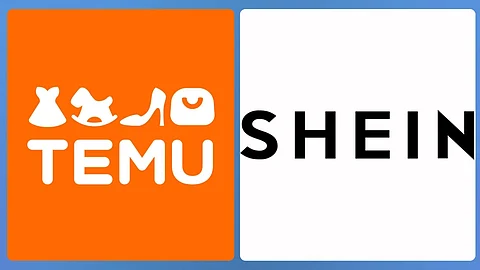
- NEWS
- the EDIT
- COMMENTARY
- BUSINESS
- LIFE
- SHOW
- ACTION
- GLOBAL GOALS
- SNAPS
- DYARYO TIRADA
- MORE

American shoppers are starting to rethink their online habits as two Chinese e-commerce giants, Temu and Shein, adjust to the end of duty-free treatment for low-value imports. The change, set to take effect on 29 August, is sending ripple effects through the online retail landscape, prompting shoppers to spend less and explore alternatives.
The so-called “de minimis” exemption, which previously allowed packages valued at $800 or less to enter the U.S. without tariffs, had given platforms like Temu and Shein a pricing edge. By bypassing duties, the companies could ship goods directly from China to consumers, keeping costs low and enticing millions of American buyers. That advantage has now largely disappeared, forcing both firms to increase prices and rethink their shipping strategies.
The impact on sales has been visible. Temu reported a 28 percent drop in transactions in July compared to last year, while Shein experienced a 14 percent decline. Spending on Temu also fell 30 percent year on year, whereas Shein managed an 8 percent increase, buoyed by higher product prices.
App engagement reflects the slowdown. U.S. downloads for Temu and Shein fell 65 percent and 25 percent, respectively, while average time spent on the apps also declined. Temu cut advertising by 90 percent in July, losing more than 150 positions in ranking among digital advertisers, while Shein dropped eight spots. Analysts suggest the companies are now focusing on retaining existing customers rather than expanding their American user base.
In China, the changes have prompted strategic reconsiderations. Shein is reportedly exploring moves to strengthen its presence in Hong Kong to support a potential IPO, while Temu continues to navigate the operational and pricing shifts required by the loss of the duty-free advantage.
The coming months will test both companies’ ability to adapt to a U.S. market where low-cost imports no longer come tariff-free, and where American shoppers are increasingly weighing price, convenience, and reliability in their online choices.
